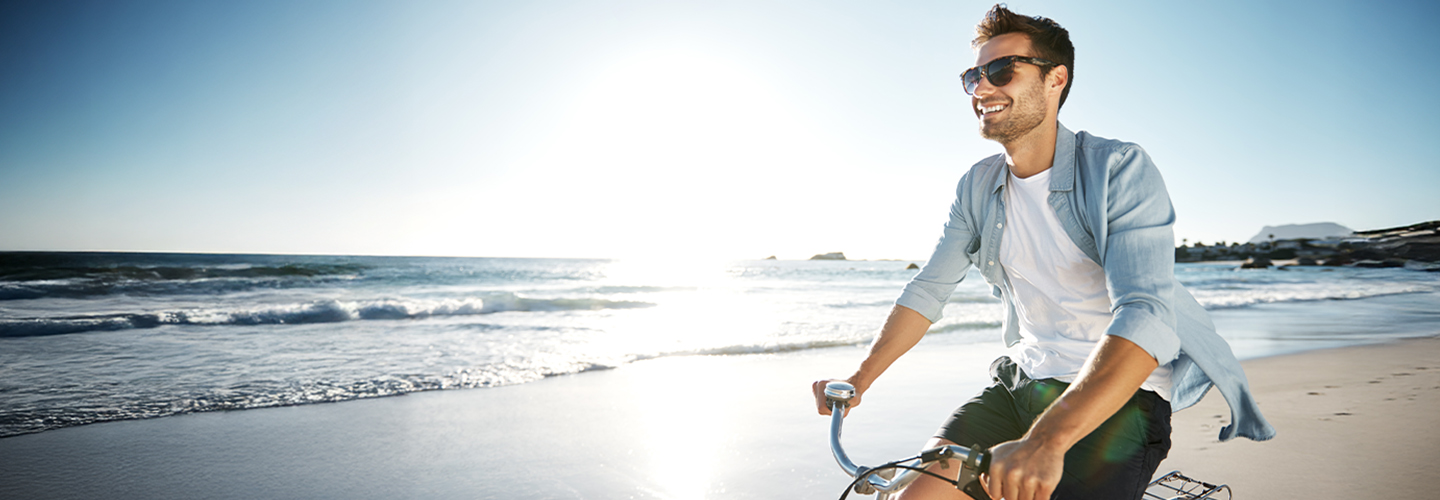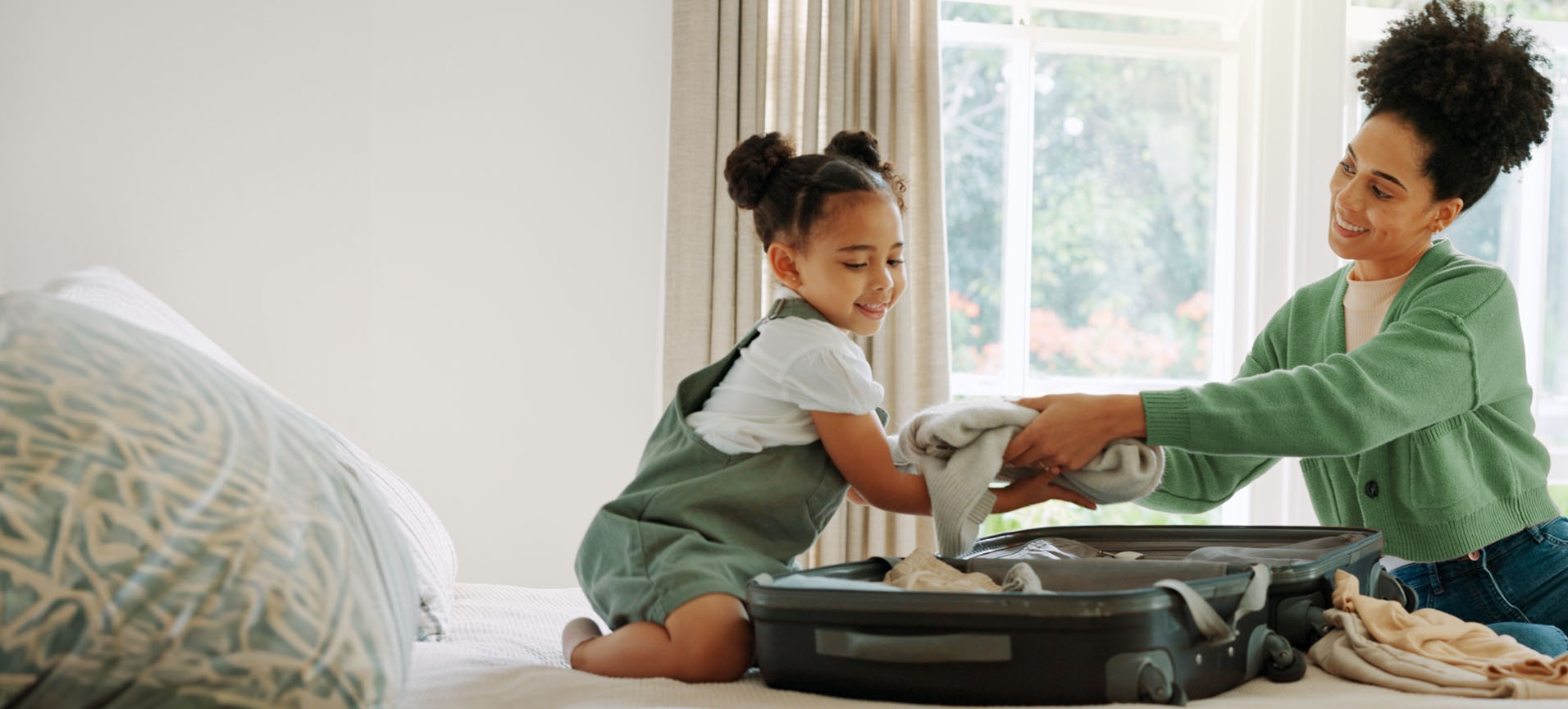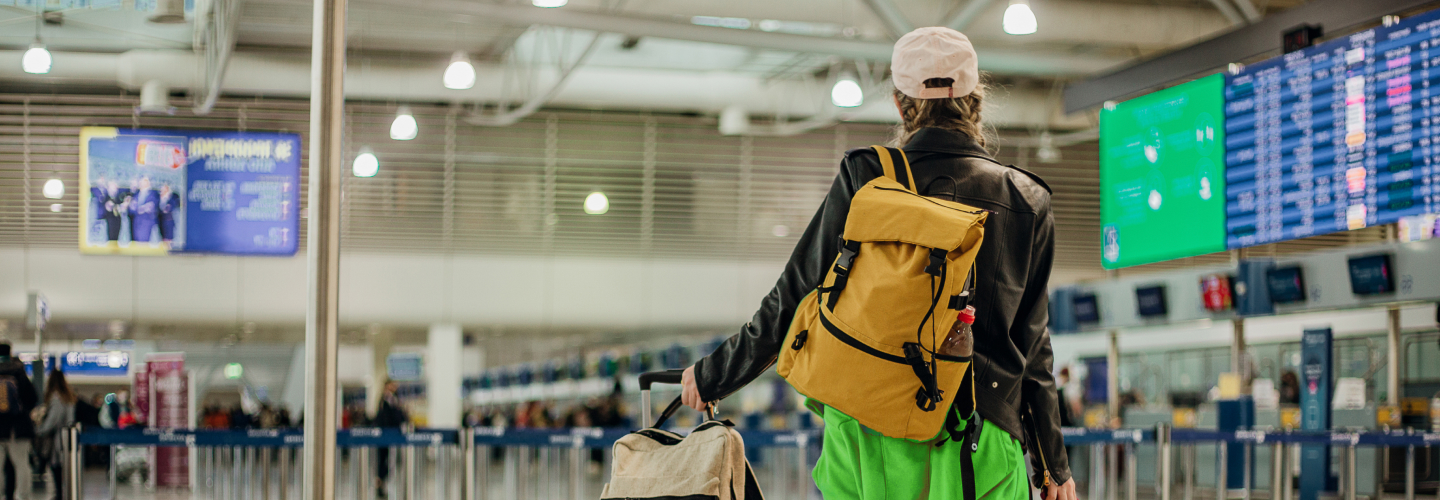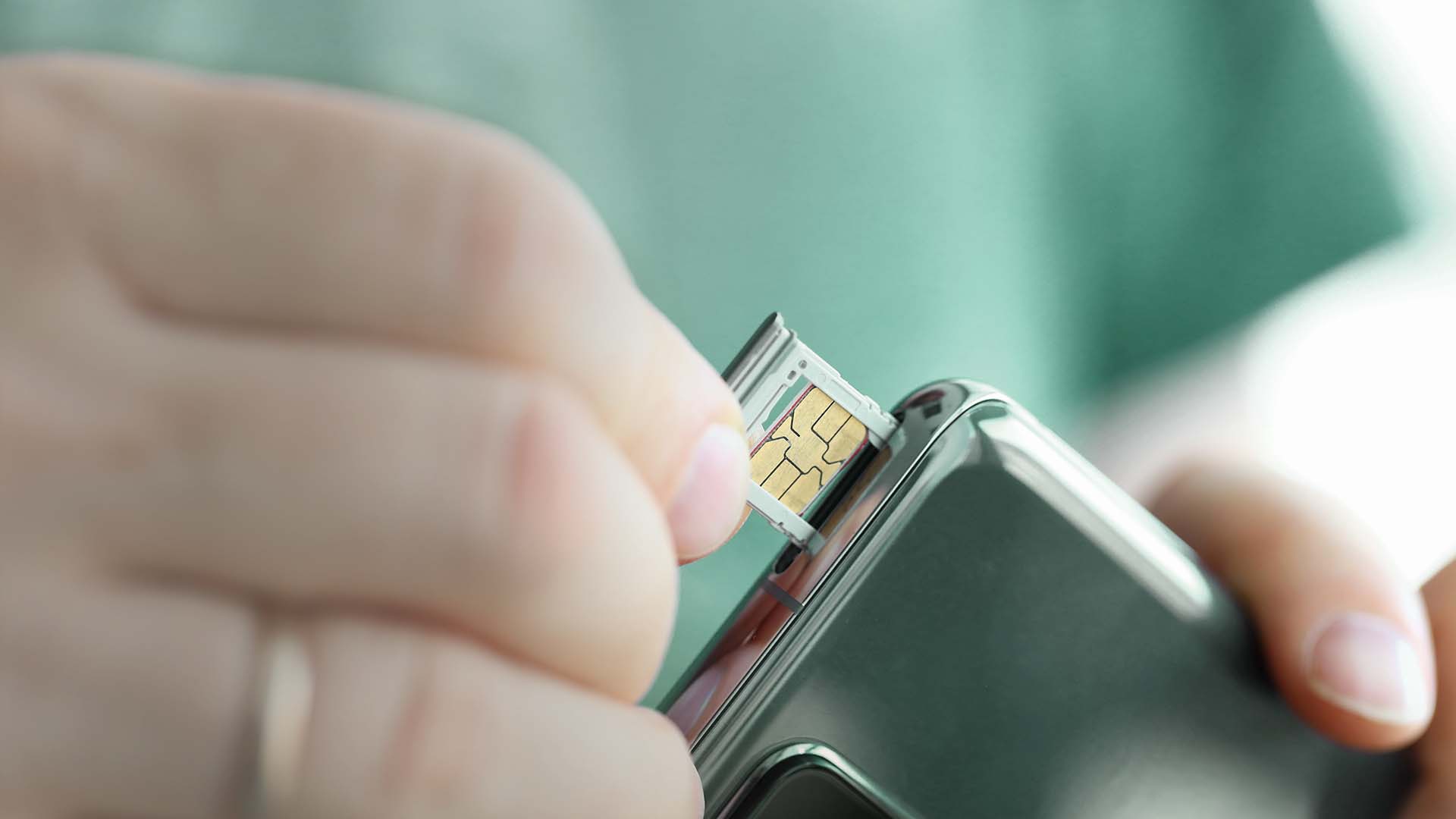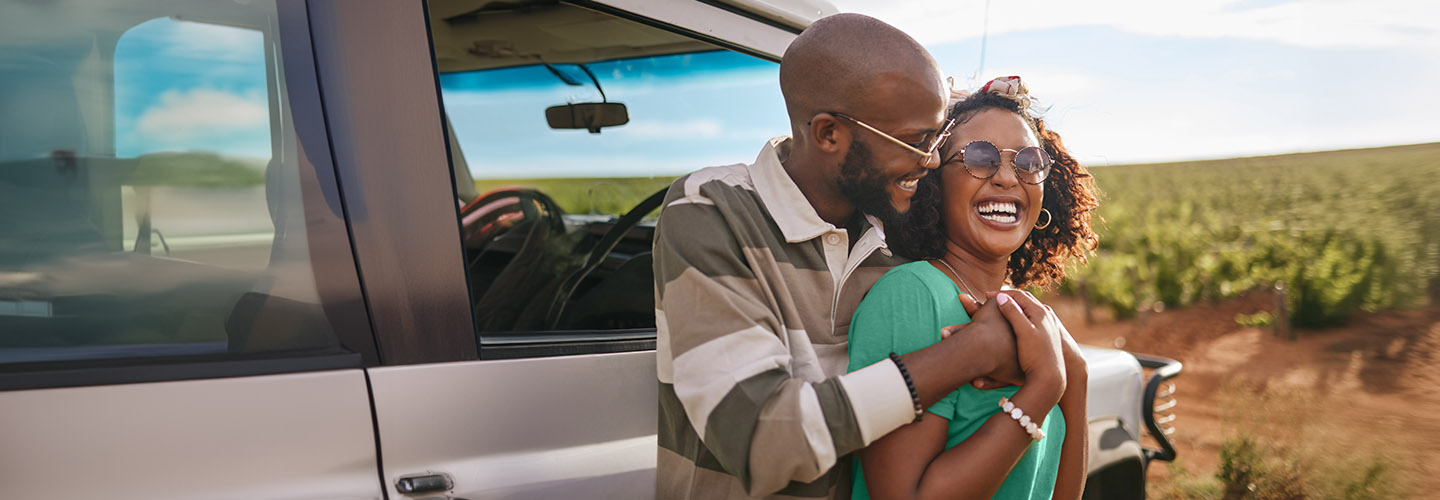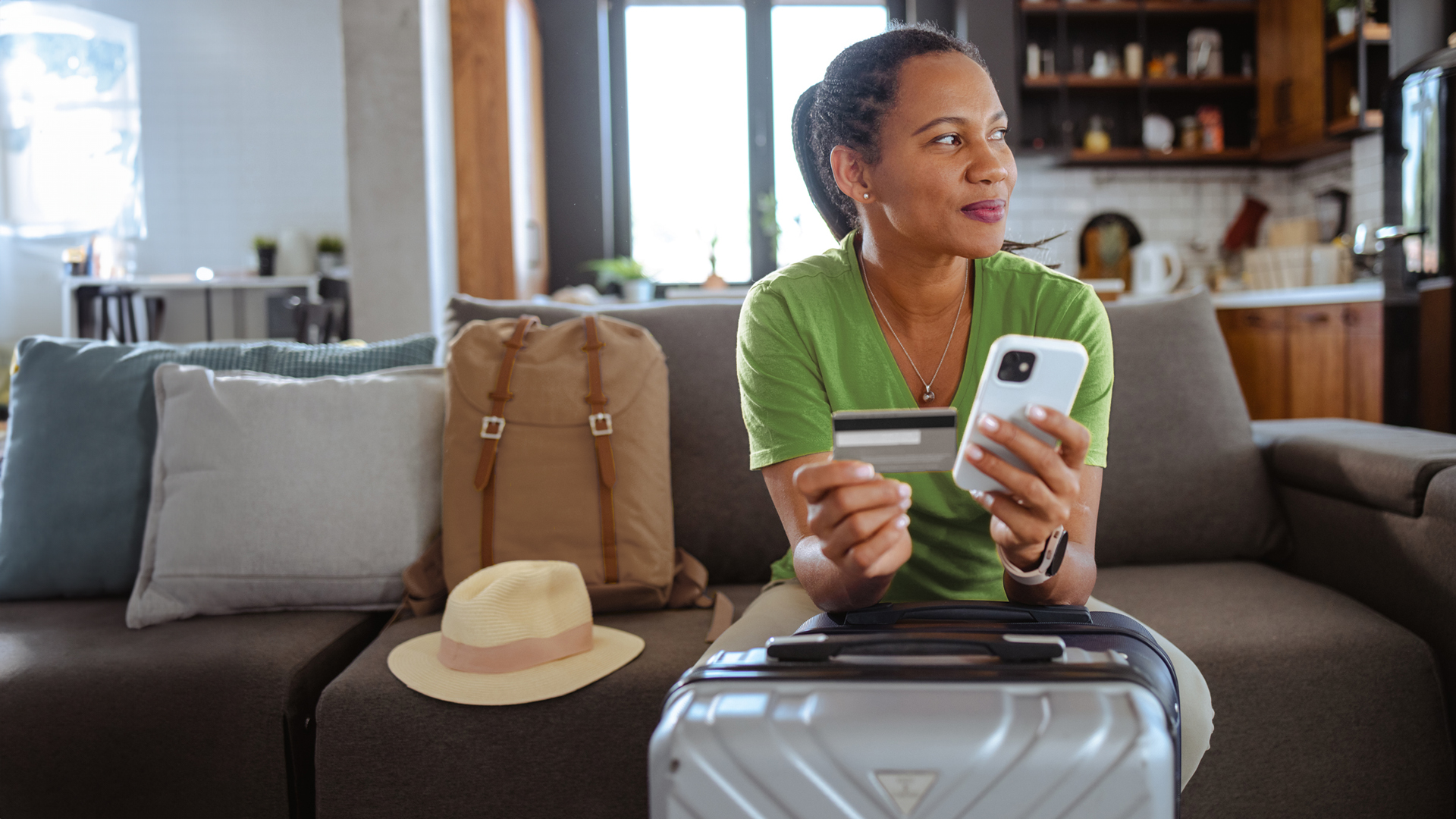The long summer school holidays are the perfect time for families to have fun splashing about in the water. Parents and kids can spend all day soaking up the sun and then cooling down with a lazy swim – it’s a great way to relax and relieve the stresses of the year. The hot summer weather makes South Africa’s many seaside, river and dam resorts popular holiday destinations, and neighbourhood swimming pools, private and public, are a magnet for youngsters making memories in the healthy outdoors.
But water can be dangerous, especially for a child who isn’t a strong swimmer, or isn’t familiar with the sea. Every year, drownings bring heartache to dozens of South African families. A moment of inattention can have tragic consequences all too easily, so summer holidays by the water can also be a time of anxiety if you’re a parent.
Here are some ways you can be better prepared to keep your child safe in the water this summer.
Know how to spot and avoid common dangers
The sea presents some threats that won’t be familiar to anyone who doesn’t spend a lot of time at the beach, so they’re particularly dangerous to holidaymakers who visit only once or twice a year. Teach your child to swim only between the safety flags at beaches protected by lifesavers, and to obey their instructions. Show them how to raise an arm to alert lifeguards if they’re in trouble.
Teach them to dive under waves, rather than trying to jump over them and getting tumbled around. You and your kids should also know how to spot riptides – powerful currents that can pull swimmers out to sea. Noticeboards on lifeguard stations usually have a warning posted if there’s a riptide, and it may be marked by red flags too. They can often be identified by calm patches in the waves, which you should avoid. Teach your child how to react if they’re caught in a rip – they should stay calm and swim parallel to the beach until they’re out of the current. Then they’ll be able to swim back to the beach, helped by the waves. Trying to swim to shore directly against a riptide will just exhaust them and can be fatal.
Some sea creatures can also be harmful. Educate your kids about avoiding jellyfish, bluebottles, sea urchins and other dangerous marine animals. Learn how to treat bluebottle stings by rinsing them with vinegar (or in an emergency, urine!) and before you head out on your day of fun in the sun, find out where you can get medical help near the beach, if necessary.
Water safety basics for kids
Sign your kids up for swimming lessons as early as possible – even a 6-month-old baby can learn the basic skill of floating on their back, which could save their life in an emergency. Continue with more advanced lessons as they get older. If you’re not a confident swimmer, turn these into joint parent–child lessons to improve your ability to keep yourself and your family safe in the water. Once your child can swim well, they will have more confidence in the water and be better equipped to keep themselves and others safe.
Hold out a pole for the person in trouble to grab, or throw them a rope or a flotation device
Constant supervision is key. Never leave a child unattended near water. Prevent unsupervised access by putting up a fence or a wall around pools and dams, and along riverbanks. Keep rescue equipment like lifebelts, ropes and poles near water hazards in case of emergency. When you or your kids are in deep water or riding on watercraft, make sure everyone wears a lifejacket. Teach them not to swim alone, but only with a friend or in a group, so that they can look out for each other.
Water isn’t the only threat that arises during a summer spent outdoors. Make sure that your children drink enough water throughout the day and protect them from the sun with sunscreen and hats.
First-aid training and CPR can save lives
Training in first aid and cardiopulmonary resuscitation (CPR) can make a big difference in drowning situations, and these are skills that even children can learn. CPR can clear a drowning victim’s lungs and restore their breathing and heartbeat. First-aid training, which usually includes a course in CPR, gives you the knowledge and skills to provide immediate care in an emergency and stabilise a patient until professional help arrives.
First aid also includes training in the Heimlich manoeuvre to prevent choking and teaches you how to treat minor injuries, manage shock, and deal with other health emergencies. Basic first-aid training empowers children to act in a crisis and offer help. It’s a valuable skill that you can teach at home or learn through community programmes. This training should be ongoing – regular refresher courses will keep your skills up to date with the latest guidelines.
Prepare your kids to respond effectively to emergency situations by practising CPR on a dummy and teaching them how to apply bandages and treat minor wounds. Foster a culture of safety and preparedness by getting your whole family involved in first-aid training, so that everyone knows how to act in a crisis. No matter how many precautions we take, accidents happen, so being equipped to perform first aid could prove a lifesaver.
Responding to emergencies
If you see someone drowning, first call for help by alerting a lifeguard or phoning emergency services. If no help is available and it’s up to you to try to save them, use the ‘reach or throw, don't go’ method. Hold out a pole for the person in trouble to grab, or throw them a rope or a flotation device. Do not jump into the water to rescue them unless you’re a trained lifesaver. Once they are back on dry land, apply CPR or first aid as needed until emergency medical technicians arrive.
Nedbank can help you equip your family for a safer summer with a range of useful safety gear available at Avo SuperShop, from first-aid kits to kids’ lifejackets. Avo even makes booking your travel simple while helping you save. Look out for frequent Avo special offers, and if you pay with your Greenbacks-linked Nedbank debit or credit card, you can earn Greenbacks and qualify for further exclusive Greenbacks discounts.
Take proper precautions, teach your kids water safety, make sure you know first aid, and your family can enjoy a wonderful time in the water throughout the school holidays.
